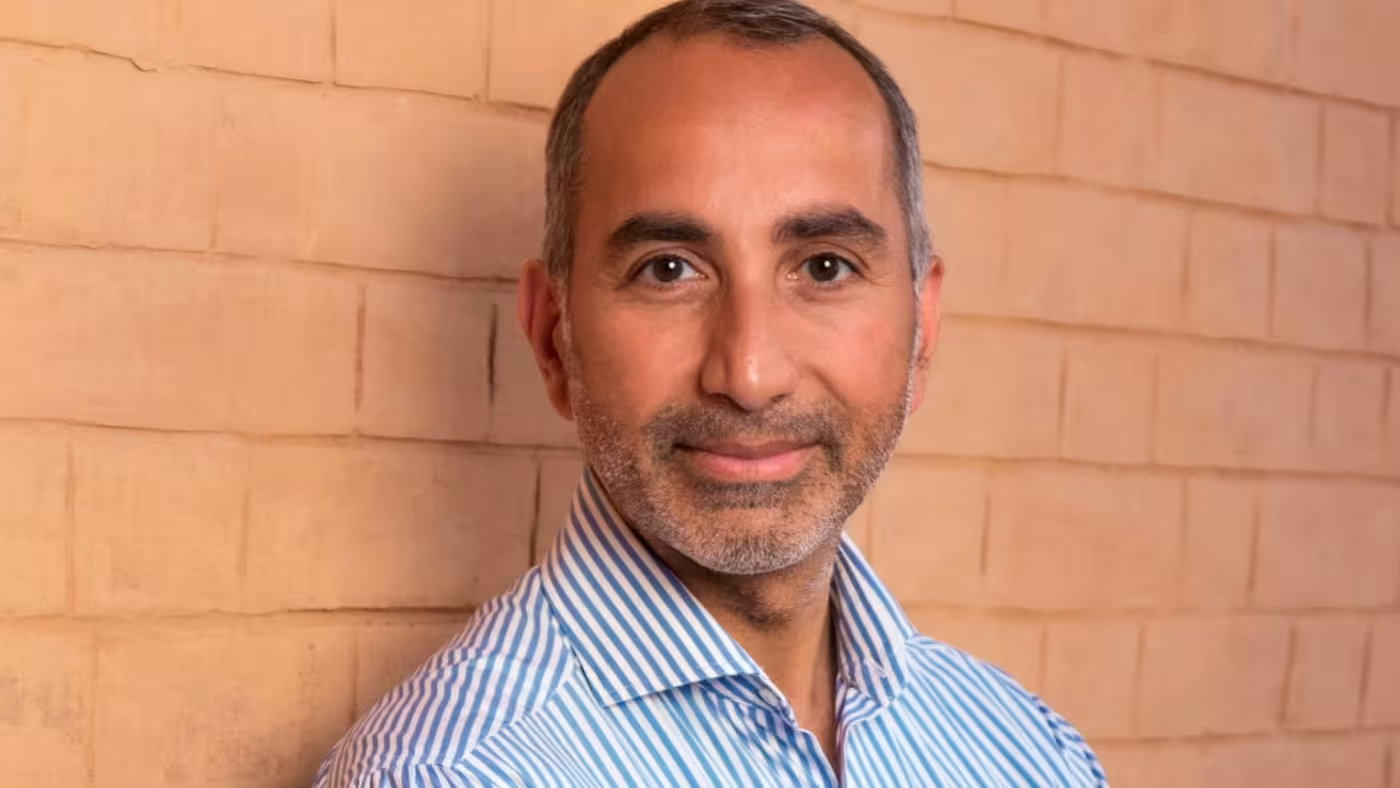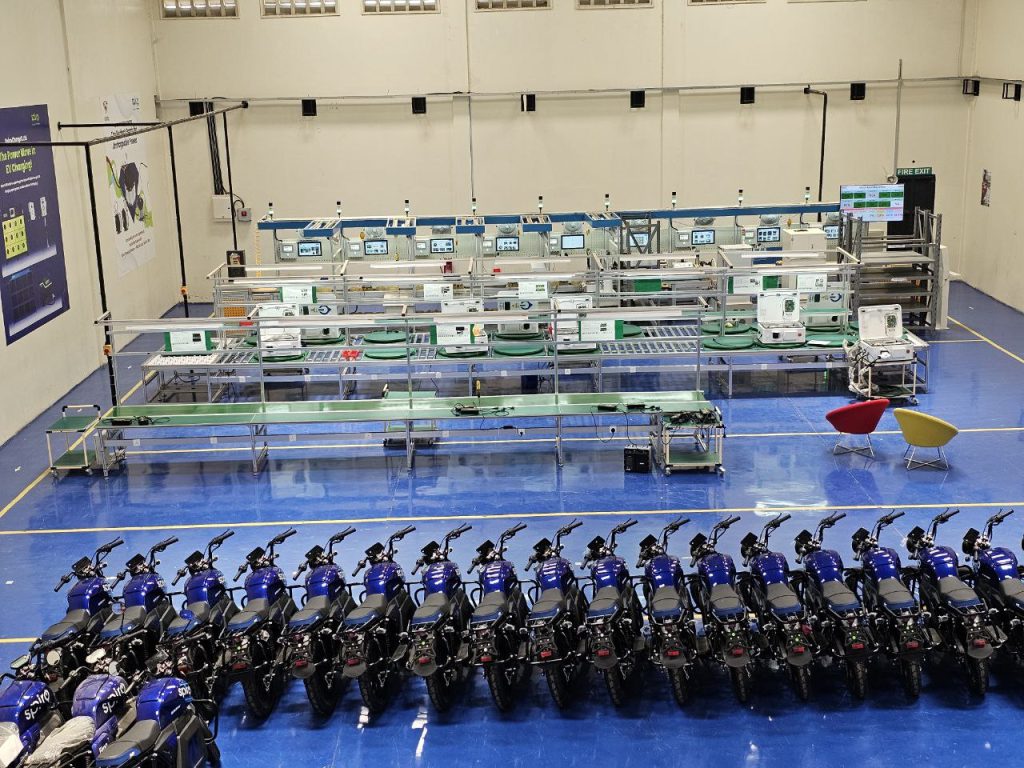Months after the Central Bank launched a fintech sandbox, there’s no word on when the first cohort of applicants will begin testing. CBN and its infrastructure provider EMTECH did not comment on the status of the programme.
Last year, the Central Bank of Nigeria launched its first fintech regulatory sandbox. In this controlled environment, fintech innovators could live test their technology under observation by the regulator and with minimal risk to users. The sandbox is designed to admit participants in cohorts every year; five months after the programme was supposed to kick off, its status remains unknown.
Significant structural changes within the CBN have compounded the uncertainty. In May, Godwin Emefiele was suspended as CBN governor, and two weeks ago, Bloomberg reported that President Tinubu had hired an investigator to look into some of the bank’s activities.
The fintech sandbox was opened to licenced and unlicensed individuals and organisations who wanted to test their finance innovations. Seven months after applications kicked off in December 2022, the CBN has not published the names of those admitted into the first cohort of the sandbox. Applicants are also unaware of the status of the programme.
AbdulAfeez Oguntoyinbo, the founder of a finance management platform Esusu Africa told TechCabal, “[Months ago,] the CBN informed us that we made it to the final stage, but we have not heard from them since then.” His startup, which is focused on financial inclusion in underserved areas, is especially looking forward to learning how to incorporate the enaira in the operations of some of the micro financial service providers it supports. Esusu also has a growing credit scores database of people in the informal sector. It plans to use the APIs in the sandbox to refine its database and test the different ways banks and other credit providers can implement it.
Digital lending platform Indicina which also advanced to the final stage of the application process, told TechCabal that it is yet to receive news of the CBN’s final decision. Yvonne Johnson, the founder, emailed TechCabal that it plans to test a new product in the sandbox.
It is most likely nothing is happening
Iyin Aboyeji, the founder of VC firm Future Africa, told TechCabal, “If you aren’t hearing anything about it, it most likely means nothing is happening.“ In 2020, the CBN published draft regulations for sandbox operations in Nigeria. This was a year after the CBN and the Nigerian Bank Settlement Scheme (NIBSS) backed a community of fintech enthusiasts, the Financial Services Innovators (FSI), to launch the Nigerian Industry Innovation Sandbox. The sandbox is called the FSI-Sandbox. The CBN left the board of the FSI-Sandbox in 2020, as it was working on its sandbox and wanted to avoid a conflict of interest.”
The FSI-Sandbox started as an environment for startups to test and develop their innovations and speed up their launch into the market. But, over time, it has evolved into an incubator, incentivising and supporting innovators, including students in university, with cash and non-monetary resources to create or scale their payment solutions. Esusu Africa, one of the CBN’s new sandbox applicants, was also a participant in the FSI-Sandbox.
In contrast to the FSI-Sandbox, the CBN’s fintech sandbox has a different approach. It exclusively accepts fully developed and self-funded solutions, providing no financial assistance to participants. Also, the primary focus of the CBN’s sandbox is to safeguard the public from potential harmful actors and protect the market from undesirable competition.
This sandbox offers a unique opportunity for both licensed and unlicensed fintech innovators to test their products, services, or business in a live environment, even without fulfilling all the usual regulatory requirements. This flexibility is particularly beneficial in Nigeria, where navigating complex regulations can be challenging, especially for new technology startups.
However, it’s important to note that the CBN retains the right to prohibit the deployment of any product, service, or solution in the market if it identifies any reason for concern during the sandbox testing phase. This precaution ensures that only safe and reliable fintech solutions reach the public domain.
Regulatory sandboxes like this commonly rely on web applications to streamline their operations, and Nigerian startup EMTECH developed the infrastructure for Nigeria’s sandbox. Through EMTECH’s technology, participants gain access to the Central Bank of Nigeria’s APIs, and the CBN can conduct regulatory reviews, compliance processes, and real-time risk monitoring digitally.
Despite EMTECH’s involvement, Carmelle Cadet, the founder and CEO, has refrained from disclosing information about the sandbox participants or the progress made. Instead, she directed inquiries to the CBN. However, TechCabal’s attempts to seek clarification from the CBN regarding the fintech regulatory sandbox’s status and developments have gone unanswered.




















